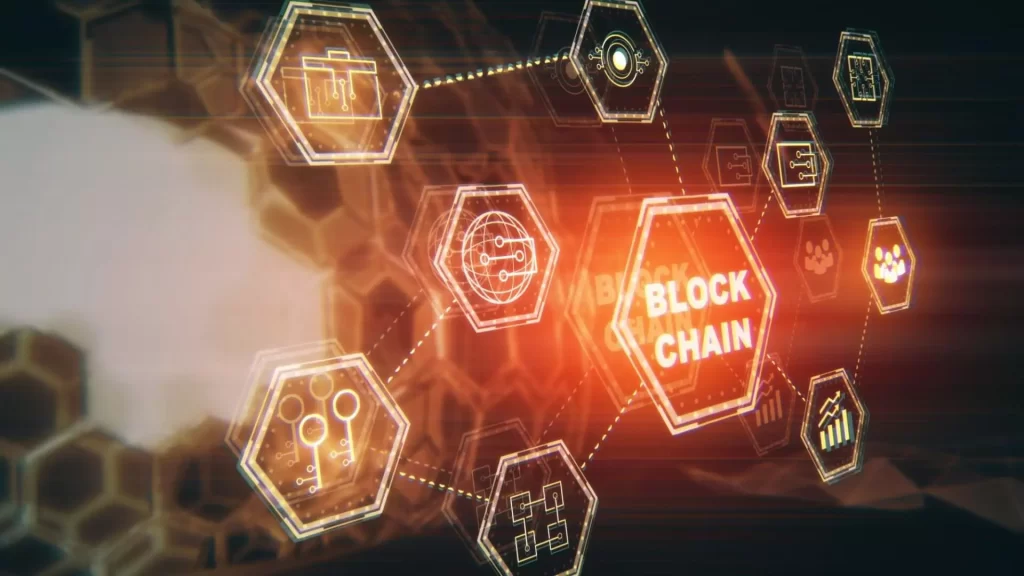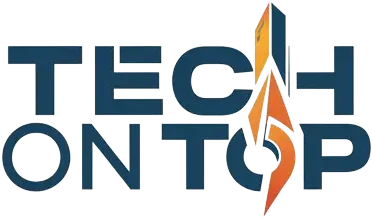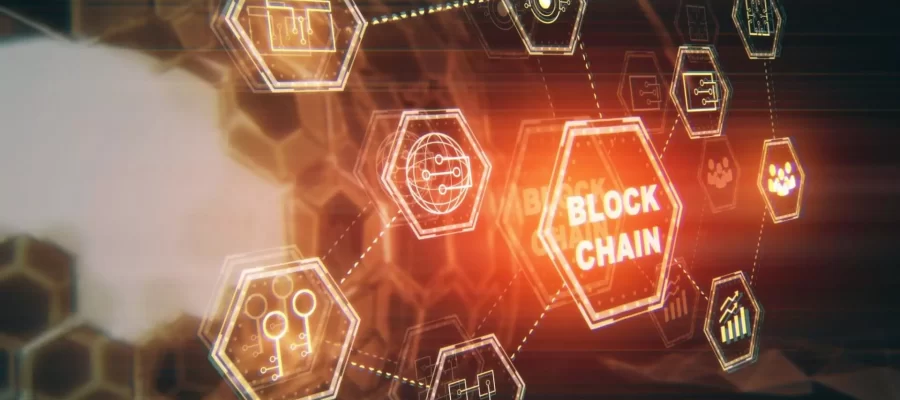Blockchain technology has introduced a revolutionary new way for transferring value and assets in a trustless and transparent manner. By leveraging cryptography and distributed ledger systems, blockchain allows parties to interact and transact digitally without an intermediary. This paradigm shift promises to disrupt many industries by reducing costs while increasing trust and transparency.

Content
What is Blockchain?
A blockchain is a distributed database that maintains a continuously growing list of records called blocks. Each block contains a cryptographic hash of the previous block, a timestamp, and transaction data. This forms a chain where each block is linked to the blockchain in a linear chronological order.
The blockchain is distributed across a peer-to-peer network, with each node storing a copy of the ledger. Complex cryptographic algorithms ensure that once a transaction is recorded, it cannot be altered retroactively without altering all subsequent blocks. This prevents fraud and double-spending while allowing decentralized consensus without an intermediary.
Applications of Blockchain
Blockchain technology has wide-ranging applications across industries:
Financial Services
Blockchain allows for fast, secure and transparent transfer of value without intermediaries. Cryptocurrencies like Bitcoin were among the earliest applications of blockchain. Now financial institutions are exploring blockchain for applications like cross-border payments, settlements and trade finance.
Supply Chain Management
Blockchain brings transparency to supply chains by creating an immutable record of asset transactions. Companies are leveraging it to trace products, combat counterfeiting, automate payments and ensure compliance.
Healthcare
Storing medical records on blockchain enhances security, privacy and data sharing capabilities. It can help improve clinical trials, reduce costs and automate insurance claims.
Real Estate
Property titles and transaction records can be securely stored on blockchain to reduce fraud and expedite transactions. Startups are developing platforms to tokenize real estate assets and enable fractional ownership.
A Paradigm Shift in Trust
By removing intermediaries and enabling peer-to-peer value transfer, blockchain shifts the paradigm of trust from centralized authorities to decentralized networks. Transparency is built-in as transactions are recorded immutably on the distributed ledger for all to see. This reduces counterparty risk and brings new efficiencies. While still in early stages, blockchain promises to transform how we transfer value and interact in the digital world.
CryptoPostage: Enabling Payments with Cryptocurrency
One interesting application of blockchain is CryptoPostage, a service that allows customers to purchase postage using cryptocurrencies like Bitcoin as a payment method. By leveraging the transparency of blockchain, CryptoPostage streamlines the process of buying stamps and shipping labels digitally. Customers can top up their wallets with cryptocurrency and then generate valid postage indicia on demand. This removes friction from the traditional fiat payment process and opens up new possibilities for adoption of cryptocurrencies in everyday commerce.
Conclusion
To summarize, blockchain technology is ushering in a new paradigm of decentralized trust and transparency that promises to disrupt many industries. By removing intermediaries and enabling peer-to-peer value transfer, blockchain shifts the old model of placing trust in centralized authorities. While still an emerging technology, blockchain has the potential to transform how we interact and transact in the digital world. Exciting applications continue to emerge across sectors like finance, healthcare, real estate and more. Overall, blockchain represents a revolutionary new way of transferring value without compromise on security, privacy or efficiency.
Social Links: Github, Lavalite, Contentos, Gab

Jack is a blogger with a passion for technology who has been writing about the latest in the world of gadgets and gizmos. They are an avid reader of Science-Fiction novels and love to spend time with their wife and kids.




